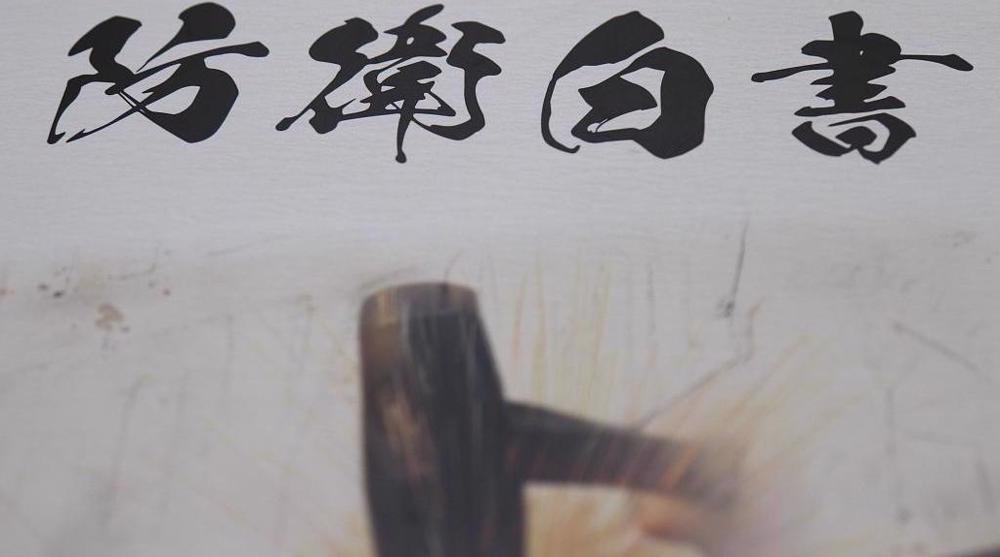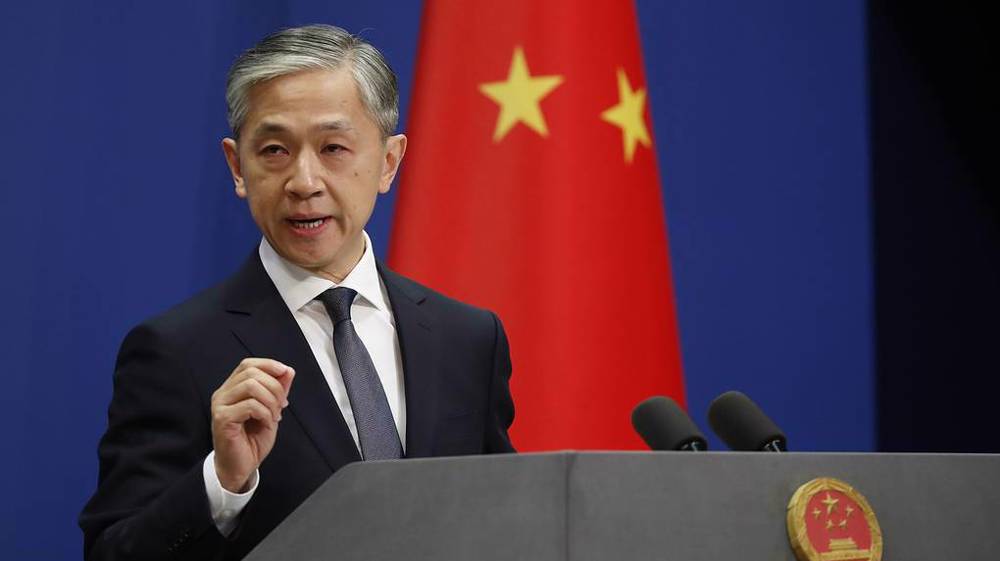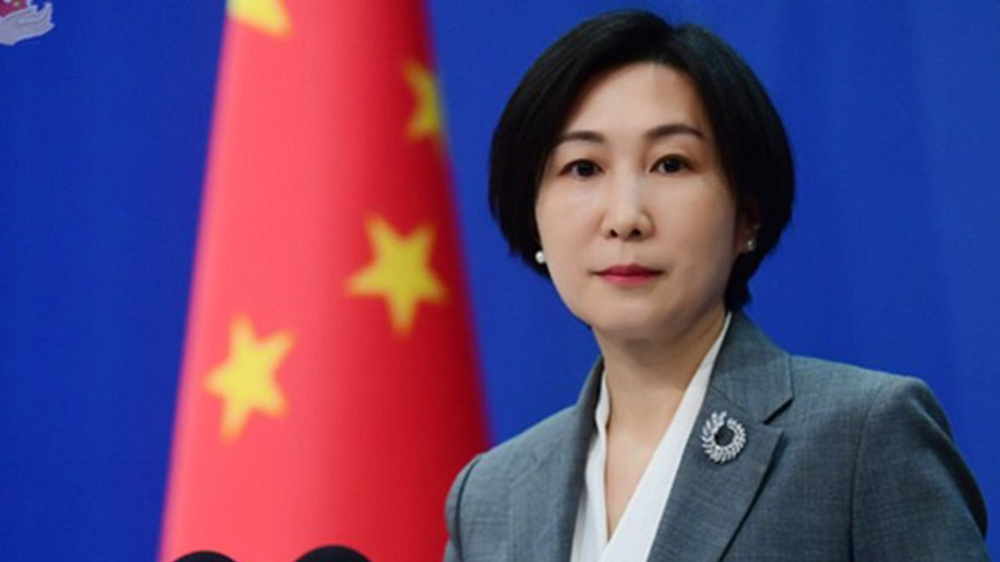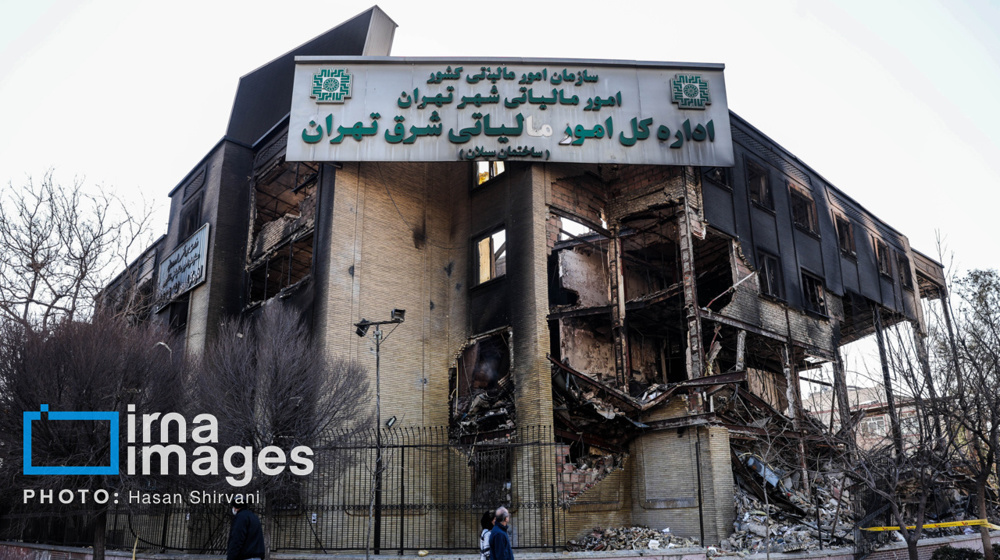China lodges complaints with Japan over latest defense white paper
Beijing has lodged formal complaints with Japan over its new annual defense white paper, which labeled China as its “greatest strategic challenge.”
Japan’s Defense Ministry on July 12 released its annual defense white paper, expressing “serious concern” over China’s alleged hardline external stance and increasing military activities.
The document accused Beijing of allegedly presenting “an unprecedented and the greatest strategic challenge to which Japan should respond with its comprehensive national power and in cooperation and collaboration with its ally, like-minded countries and others.”
Tokyo even moved further in its allegations and resembled the situation to the current confrontation between Russia and Ukraine.
“Japan is facing the most and severe and complex security environment since the end of World War II. It cannot be ruled out that a serious situation similar to Russia’s aggression against Ukraine may occur in Indo-Pacific region in future, particularly in East Asia,” Japan’s white paper alleged.
On Thursday, the Chinese Defense Ministry responded to the Japan’s annual assessment of security threats, slamming it as being “full of clichés, which was nothing more than using China as an excuse to deceive the Japanese people, mislead the international community, and create excuses for its military buildup and expansion.”
The ministry also urged Tokyo to stop “smearing and accusing” China, and be prudent in its words and actions in the military and security fields.
Among other issues, Japan and China have been engaged in a long-standing dispute over a group of islands, which are known as the Senkaku in Japan and the Diaoyu in China and Taiwan.
Beijing and Tokyo usually trade barbs over joint naval drills with their respected allies, accusing each other of provocation.
Tokyo defines the joint naval drills by China and Russia near Japan as “clearly intended as a demonstration of force.”
This is while Beijing has expressed strong opposition to a threat by NATO to further intrude into the Asia-Pacific region, through conducting military drills with Japan and South Korea, vowing a firm response to any risk against its legitimate rights.
Eilat port ‘almost completely paralyzed’ due to Yemen’s pro-Palestinian operations: Reports
Iran FM calls riots ‘Daesh-style crimes,’ extension of US-Israeli war
VIDEO | Iran foils US- and Israeli-backed riots
VIDEO | Mosque targeted in arson attacks by Western-backed rioters in Iran
UN demands investigation of Minneapolis mother’s murder during immigration crackdown
Israel orders demolition of last soccer field in West Bank refugee camp
Iran’s security chief calls Trump ‘top killer of Iranians’ after riot threat
Israeli bill to allow execution of Palestinian prisoners by hanging











 This makes it easy to access the Press TV website
This makes it easy to access the Press TV website